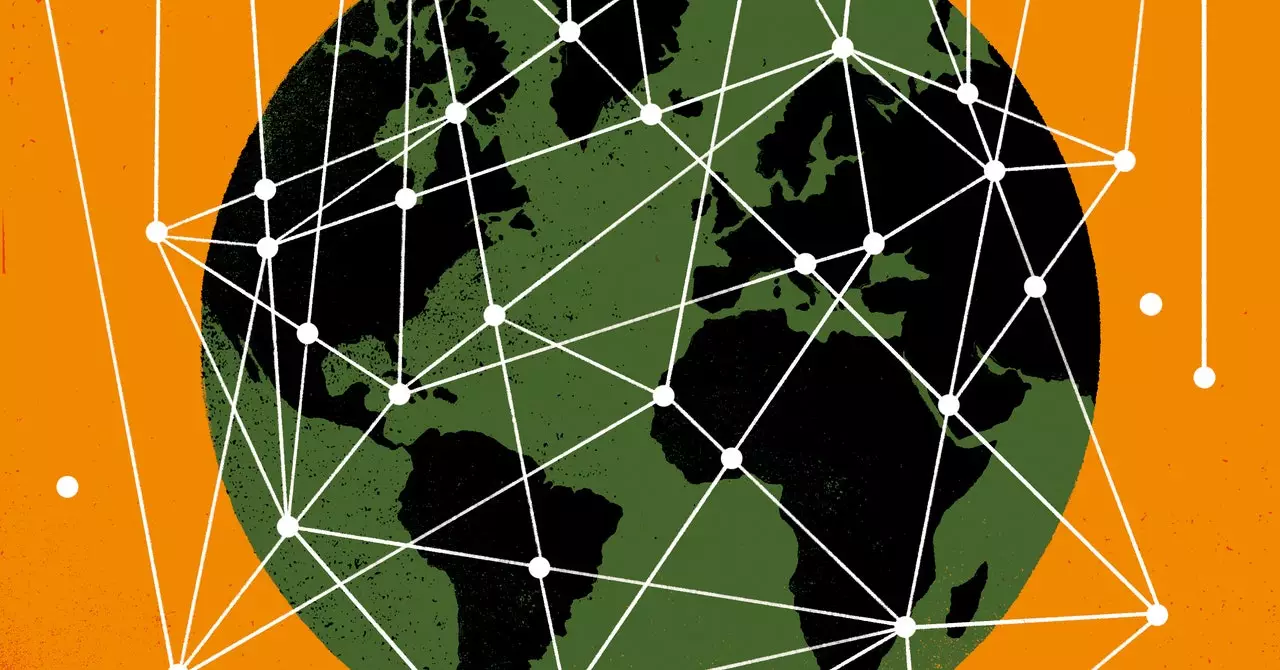In 2025, we can anticipate a dramatic transformation in the way geopolitics and artificial intelligence (AI) intersect. This change is propelled by the evolving understanding among global leaders that mutual cooperation will better serve their national interests than competition. The aftermath of the ChatGPT era has created a peculiar environment that oscillates between enthusiastic innovation and rampant anxiety surrounding the implications of AI technology. The year 2023 witnessed unprecedented investments in AI, punctuated by a contrasting wave of caution as industry luminaries, such as Elon Musk and Steve Wozniak, urged a pause on the development of AI systems exceeding the capabilities of GPT-4. This duality of excitement and apprehension has influenced political leaders, leading to a distorted discourse regarding the global implications of AI development.
Multiple indicators reveal a growing inclination towards AI nationalism, which is reshaping international relations. For instance, in 2017, Chinese President Xi Jinping articulated an ambitious plan for China to ascend as an AI superpower by the year 2030. This initiative was encapsulated in the “New Generation AI Development Plan,” which sought to position China as a leading power in AI innovation by 2025. Concurrently, the United States retaliated with measures such as the CHIPs and Science Act of 2022, which imposed restrictions on semiconductor exports aimed at curtailing Chinese advancements in AI technology. This adversarial stance is symptomatic of a broader tendency to perceive AI development as a competitive race rather than a collaborative venture with potential global benefits.
The perception of AI as a battlefield complicates international relations. Policymakers adopting this mindset may overlook the lessons learned from the Cold War, which illustrate the merits of diplomacy and collaborative efforts. During the Cold War, the United States sought to attain technological supremacy while simultaneously fostering a vision of peaceful space exploration that garnered international support and established treaties to safeguard outer space from militarization.
The current global environment lacks a comparable political vision for AI development. However, signs suggest that this may be changing by 2025. The AI Summit in France, spearheaded by President Emmanuel Macron, exemplifies this evolving perspective. Macron has shifted the focus from a narrow safety-centered approach to ensuring that AI technologies generate tangible benefits for society. In his address at the Seoul Summit, he highlighted the importance of exploring comprehensive policy frameworks that encompass both risk management and the societal implications of AI advancement.
In addition to these formal initiatives, the United Nations has recognized the necessity of inclusivity in the AI debate. The organization’s 2024 plans aim to facilitate a collaborative global dialogue, bridging the gap between nations currently neglected in the discourse on AI governance.
Fostering Diplomatic Engagement Among AI Superpowers
Intriguingly, even longstanding rivals such as the United States and China are tentatively edging toward dialogue on AI-related issues. A bilateral consultation channel on AI was established in 2024, prompting a discourse on advancing shared interests despite the existing geopolitical tensions. While the efficacy of these diplomatic overtures remains to be seen, the developments signal a crucial shift toward prioritizing dialogue over confrontation.
By 2025, the anticipated shift will allow global AI powers to pursue collaborative strategies instead of being mired in nationalism. This impending realignment could usher in an era where the focus shifts from competitive superiority to cooperative innovation, fostering advancements in AI that respect ethical guidelines, encourage transparency, and promote inclusivity in technology access.
The trajectory toward a more collaborative approach in the realm of AI governance is indeed promising. As world leaders gradually embrace their interconnected fates, the foundation is being laid for a future where AI serves as a tool for societal benefit rather than a weapon for nationalistic endeavors. The challenges wrought by AI should not lead us to panic but invite us to pursue innovative political solutions that prioritize human welfare over national advantage. By fostering a diplomatic atmosphere that values cooperation, we can hope to navigate the complexities of AI geopolitics more effectively as we move into the latter part of the decade.

